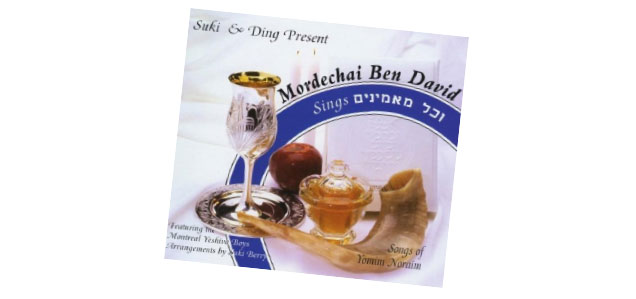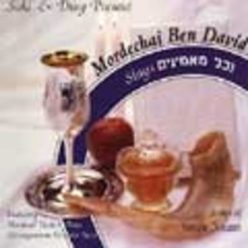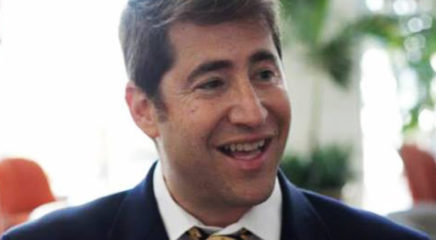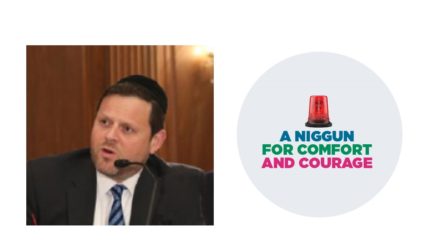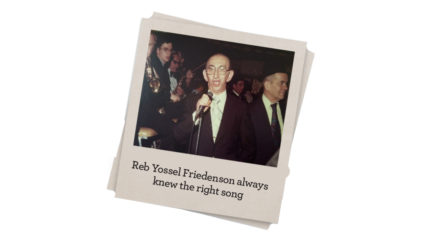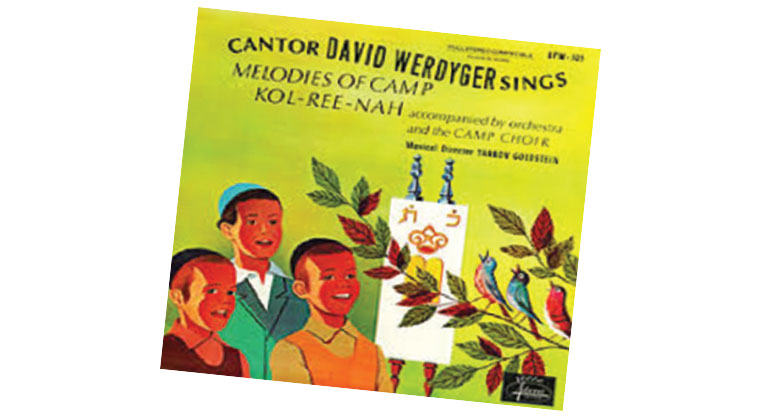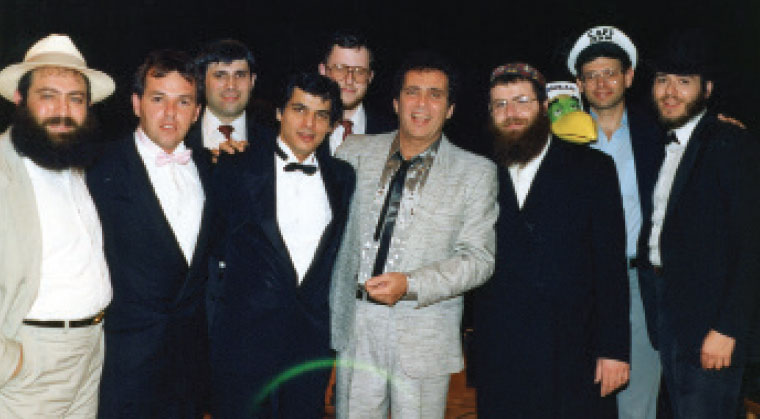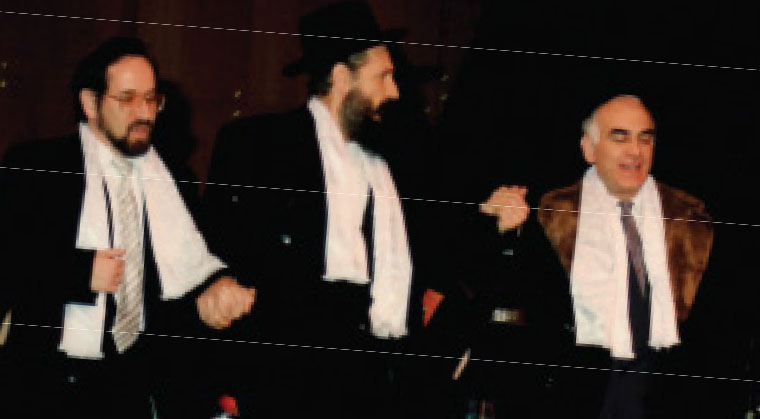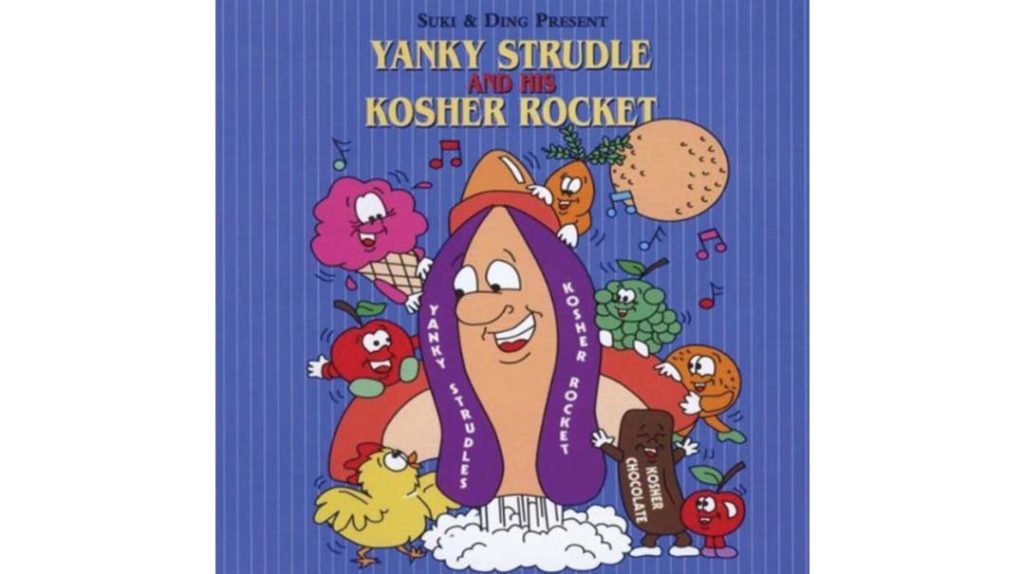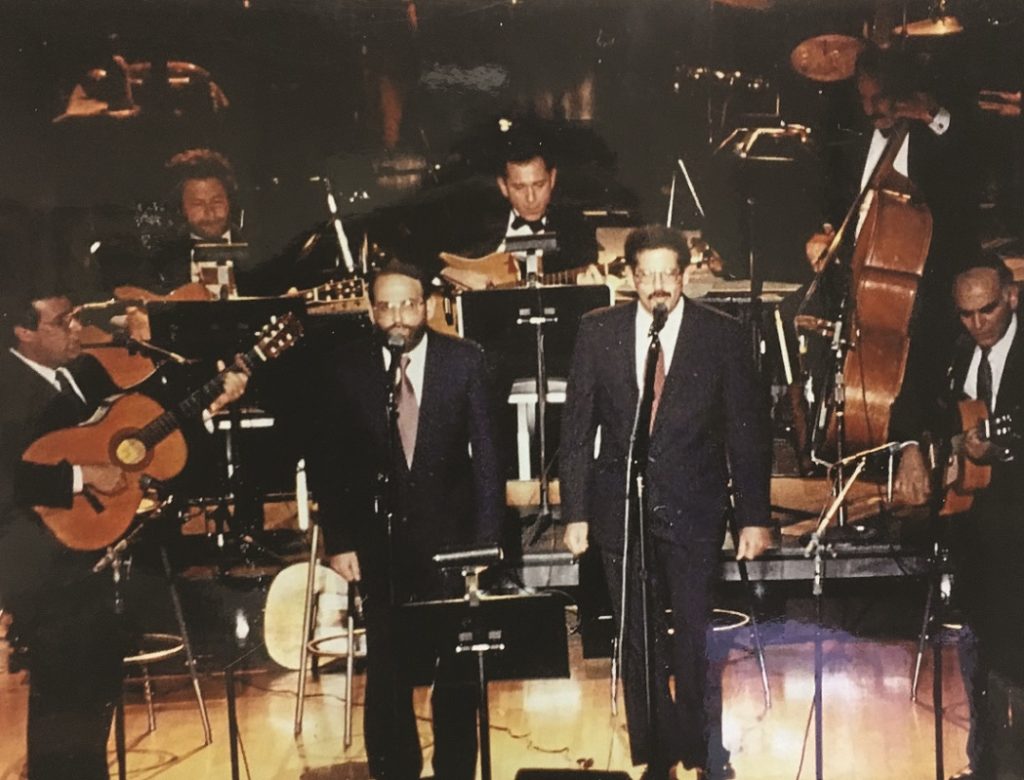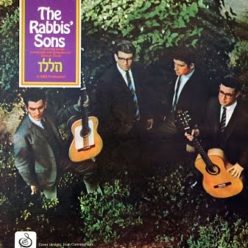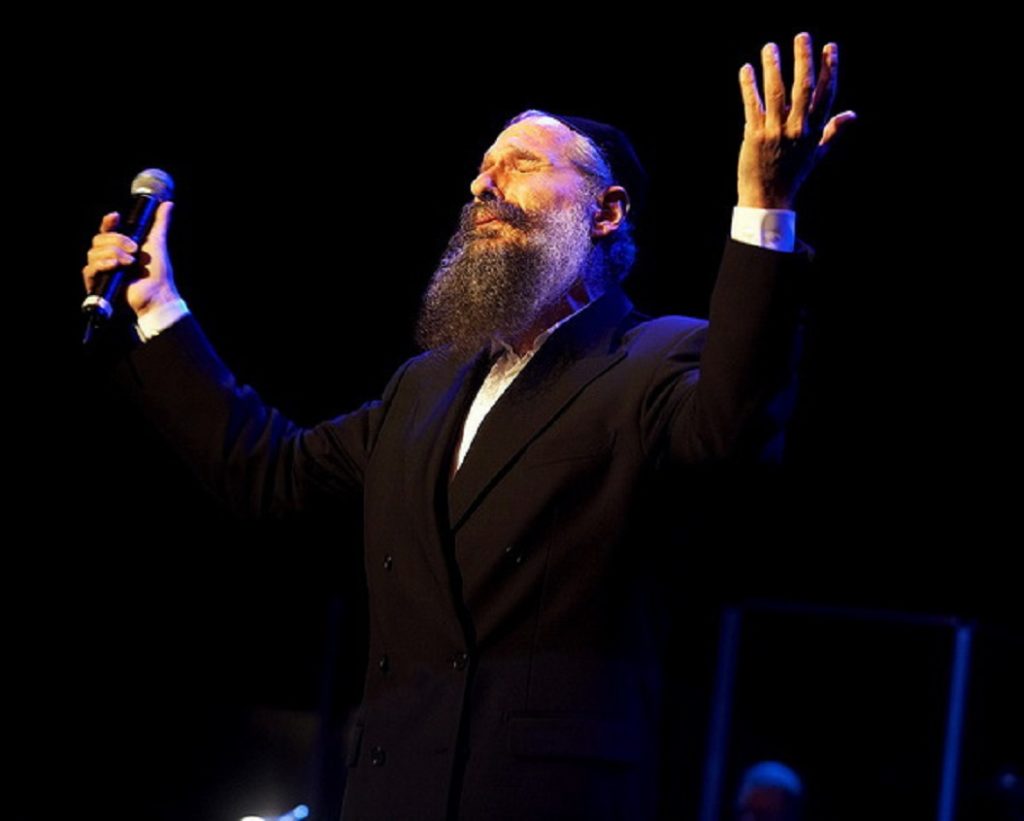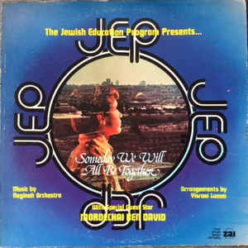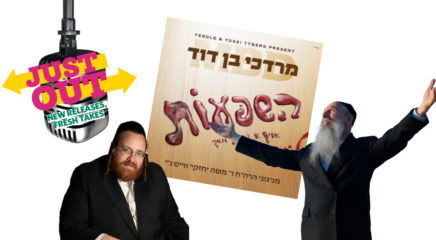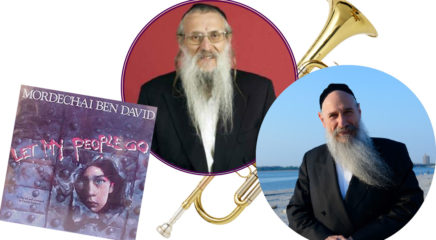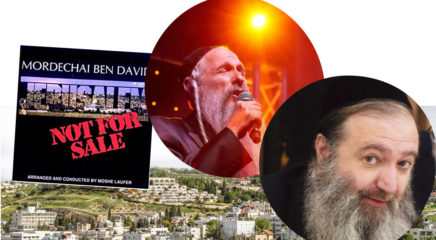T
he first album I did with Mordechai ben David was V’chol Ma’aminim — Songs of Yamim Nora’im, back in 1978. The new releases back then weren’t theme-oriented, so what made us decide to do an album with an Aseres Yemei Teshuvah refrain?
Growing up on Manhattan’s West Side, I had the privilege to daven in Yeshivas Chofetz Chaim, where the baalei tefillah were two brothers named Reb Moshe and Reb Shimon Schreiber. They were able to infuse a special spirit in their tefillos, and had the ability to inspire the entire community. They told me that they learned their nusach from Rabbi Manis Mandel ztz”l, the master menachech who put so many of the Yom Tov tefillos to heartfelt niggunim — songs like “B’Rosh Hashanah,” “Hayom Haras Olam,” “Ein Kitzvah,” and others, and I always imagined how beautiful it would be to have MBD sing these songs on an album.
And so that’s what we did. We then added a few of the more mainstream songs — such as “V’chol Ma’aminim,” originally composed by Reb Shlomo Carlebach to “Tov Lehodos,” and “Adir Adireinu,” composed by Reb Shlomo Pretter — which became the number one song in Israel for 37 weeks straight. After that, we searched for an English and a Yiddish song, as was the style on the new releases. We lucked out with Dina Storch’s song, “The Bird of Hope.” Over the years, many musicians have told me that Suki’s arrangement for that song was in a class of its own. My brother’s father-in-law, Rabbi Yosel Friedenson a”h, suggested the classic “Habeit Mishamayim” for the Yiddish song (Habeit mishamayim ure’ei/Kuk arop fun Himmel un zei/Ki hayinu lelaag vakeles bagoyim/Mir zenen doch vi a gelechter bai zei…). The song had been written as a Yiddish ballad during the war by a Bobover chassid named Yechezkel Shraga Rottenberg Hy”d, and Rabbi Friedenson told us that many neshamos sang that song on the way to the gas chambers.
I’ll never forget the night Mordechai was recording “Habeit” in the studio and his father, Chazzan Dovid Werdyger, came to hear him sing. The studio had a couch, and during a break, Reb Dovid dozed off. A few moments later, one of the speakers in the studio made a loud noise, which roused him from his short slumber. He immediately dived onto the ground and started to shout in Yiddish, “They’re shooting! They’re shooting!” Seconds later, he realized where he was, and got up and acted as though nothing had happened. None of us in the studio said a word. But we all knew that the song had awakened some terrible memories from his past.
On a much lighter note, we wanted to have a boys’ choir sing on the album. Suki and I flew to Montreal on Chol Hamoed Pesach and we arranged to go to the studio with a group of boys whom we knew from Camp Agudah of Toronto. With no rehearsal, we knocked off the choir part of the album in less than three hours. Standing outside that Montreal studio, Suki said, “How about we call them the Montreal Yeshivah Boys?” I said, “Great idea!” And so, the Montreal Yeshivah Boys choir was formed on Chol Hamoed Pesach, 1978, and promptly dismantled three hours later.
I remember when I heard MBD sing that first song in the studio — “V’chol Ma’aminim” — I said to myself that I had the greatest job in the world. In my books, this was the furthest thing from actual work.
Best wishes to everyone for a sweet year filled with brachah and shalom, a year in which we’re always hearing the music.
(Originally featured in Mishpacha, Issue 726)


